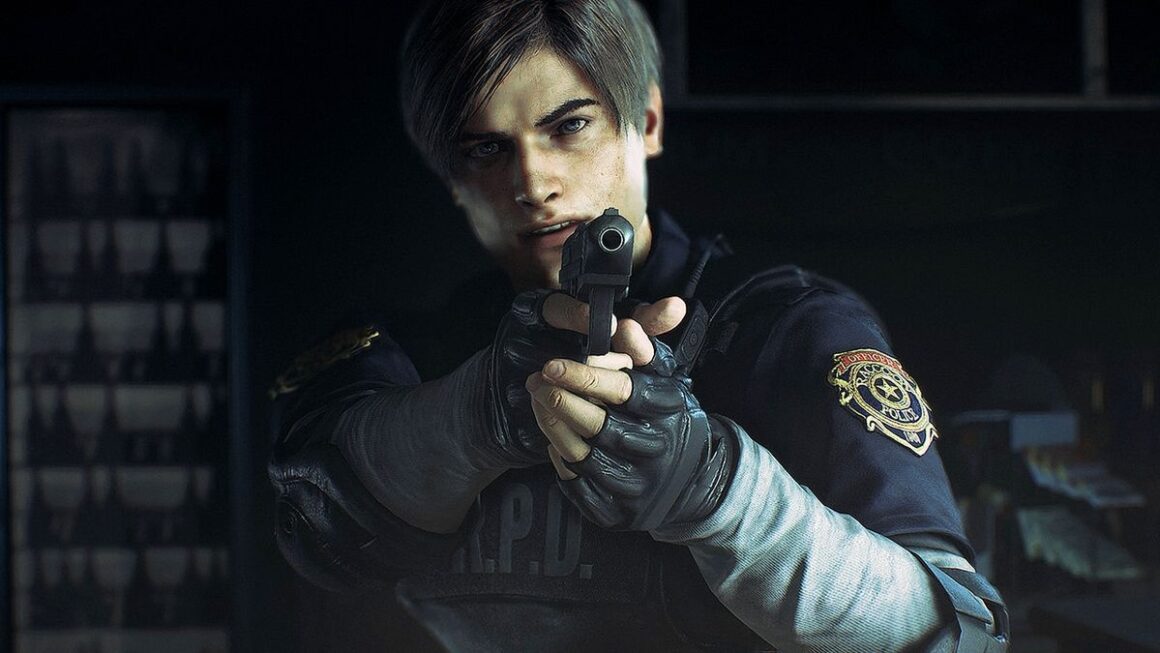Every video game adaptation faces the same eternal tug-of-war between being faithful versus cooking up something original. Do you recreate a beloved storyline for a new medium, or take the bones of its world and craft something new? For the Resident Evil franchise, this debate has raged for over two decades.
Now Zach Cregger, best known for the horror hit Barbarian, has stepped into the ring and he’s made his choice. His upcoming Resident Evil film won’t feature Leon S. Kennedy sprinting through Raccoon City or Jill Valentine dodging zombie dogs. Instead, it will tell an original story set within the franchise’s universe, with new characters and a plot that still honors the games’ lore and rules.
“I’m not going to tell Leon’s story, because Leon’s story is told in the games,” Cregger explained. “Fans already have that.”
Why Not Just Adapt the Games?
For fans, the desire for a faithful adaptation is entirely reasonable. They’ve never gotten a true big-screen retelling of the original games. Only variations, loose inspirations, and completely new storylines.
The 2000s Resident Evil film series gave them Alice, an original protagonist who became the center of the cinematic saga. More recently, Resident Evil: Welcome to Raccoon City tried to condense multiple game plots into one film, only to receive mixed reviews from critics and fans alike.
Cregger seems aware of this history. He’s also aware of the risks. Video game plots, especially those as dense and beloved as Resident Evil’s, can be controversial territory. Every casting choice, every plot deviation, every dropped detail can spark debates that drown out everything else. By creating an original protagonist and story, Cregger sidesteps that minefield while creating a “love letter” to the games’ tone and mythology
The Industry Trend He’s Following
Cregger’s approach isn’t unique. Hollywood’s game adaptations often take one of two paths: direct faithfulness (The Last of Us, HBO) or universe expansion (Detective Pikachu, Assassin’s Creed). His Resident Evil falls firmly into the second camp. Telling a fresh story that could exist alongside the events of the games, rather than replacing them.
The reasoning is simple. If fans want to relive the exact stories, the games themselves are still there and arguably do it better than any two-hour film could. A movie, Cregger argues, can and should offer something different.
Will Fans Accept It?
Resident Evil fans have been burned before. Some will see this as yet another missed chance to finally watch their favorite characters on the big screen, faithfully portrayed. Others might welcome a break from repetition, excited to see what an inventive horror filmmaker can do when freed from the constraints of strict adaptation.
Cregger needs to strike the right balance of capturing the eerie, claustrophobic atmosphere of Resident Evil, embedding references and lore that hardcore fans can spot. All while delivering a genuinely gripping new story. If done right, his film could bridge the gap between purists and newcomers.
Fan expectations for a faithful Resident Evil adaptation are understandable. However, Cregger’s decision to craft an original narrative is a deliberate creative choice. It reflects a growing belief in Hollywood that the best way to adapt a game is sometimes not to adapt its story at all.
Whether this gamble pays off will depend on execution. If he can deliver a film that feels authentically Resident Evil without simply retelling it, Cregger might just give the franchise something it’s never had before. A new chapter that fans didn’t know they wanted.






